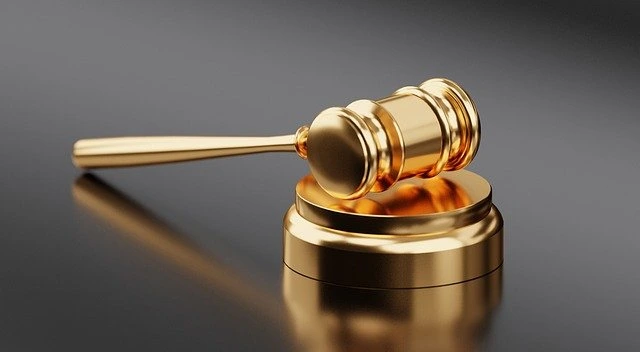What Happens if You Skip Bail?

If you’ve recently been arrested and were bailed out by a friend or family member, you have an obligation to appear in court. Bail is a monetary guarantee that defendants pay to obtain short-term release before going to trial. When people who’ve been bailed out make all of their required court appearances, the bail monies that they’ve paid or that have been paid on their behalf are reimbursed by the local court system. However, if you skip bail, these funds and any collateral that was used to secure them could be lost. Worse still, you’ll likely find yourself facing additional charges for “failure to appear”.
Table of Contents
How the Bail Bonds Process Works
Throughout much of the nation, bail bonds are popular financial products that defendants and their family members have relied upon for decades. Being bailed out of jail while awaiting trial limits the amount of time that people must spend in the unpleasant and often unsafe environments of detention facilities. Being released on bail also means being able to continue going to work or school, having the ability to shop for your own attorney, and having a greater opportunity to start building a solid defense.
When defendants or their loved ones have the full bail amount in savings or in assets that can be quickly liquidated, they can pay bail on their own. Unfortunately, however, average bail amounts frequently exceed the total cash that most consumers have readily available. When this is the case, getting bail bonds in Orange County makes a person’s temporary release possible. Bail bond agencies will pay a person’s entire bail amount in exchange for fees that range between 10 and 15 percent of the total bail charge. Although a defendant’s bail monies will be restored after their trial has finished, bail bond fees are not refundable.
What Missed Court Appearances Mean for Guarantors
When bail bonds are issued, bail bond agencies are assuming a significant amount of risk. They know that if a defendant doesn’t go to their hearing, the money that they’ve spent will not be refunded. To mitigate this risk, they usually require those signing bail agreements to offer collateral. This can be any real property including homes, land, sports cars, electronics, jewelry, or other high-value assets. If a defendant’s failure to appear results in the loss of bail, this collateral can be sold and used to restore the money that the bail bonds agency has lost.
If your friend or a family member has bailed you out of jail using a bail bonds agency, they’ve chosen to act as Indemnitor or guarantor on your behalf. In this case, your failure to appear could result in their loss of major assets. This can be especially painful for the Indemnitor when primary residences or other essential property was used as collateral. Once the court recognizes that you are not honoring the terms of your bail agreement, a notice of bail forfeiture will be issued.
You’ll have up to 180 days to respond before further action is taken. However, the sooner that you present yourself after this notice has been issued, the more lenient the courts are likely to be.
Your Charges Will Increase
For defendants “jumping bail” isn’t just a matter of missing out on money or losing collateral. These actions increase the likelihood of guilty verdicts for the original charges that the defendants were facing. Skipping bail undermines the testimonies of any character witnesses that your attorney has set up, and it shows you as untrustworthy and unwilling to adhere to the law. In Orange County, skipping bail could result in your being charged for a second offense.
A Warrant Will Be Issued for Your Arrest
If you miss your court date or break any other rules laid out in your bail agreement, the judge presiding over your case may issue a bench warrant. A bench warrant authorizes law enforcement agencies to arrest you on-site and without any other probable cause. If you’re ever in a position where you have to show your ID to law enforcement officers, your bench warrant will show up in their system and you’ll be carted off to jail.
The Law May Be Lenient Depending Upon Your Circumstances
Whenever you’re bailed out of jail, whether by a friend, family member, your own cash, or by a local bail bondsman, it’s best to show up for all of your scheduled court dates. However, the law recognizes that certain circumstances and events may make this impossible. Thus, if you’ve missed a court appearance, you should be prepared to give the judge a good reason why. Recognized excuses for missing mandatory court appearances include:
- Being held in custody in another jurisdiction
- Being severely ill or disabled
- Insanity
Conclusion
Being bailed out of jail while awaiting trial is a privilege. Failing to make essential court appearances after you’ve been bailed out is harmful to both you and to anyone who’s acted as guarantor for your bail monies. If you’ve missed a court date and believe that a notice of bail forfeiture has been issued, turning yourself now in is the best choice.
Similar Article: Top 10 Reasons You Should Know Before Hire a law firm Marketing Company



